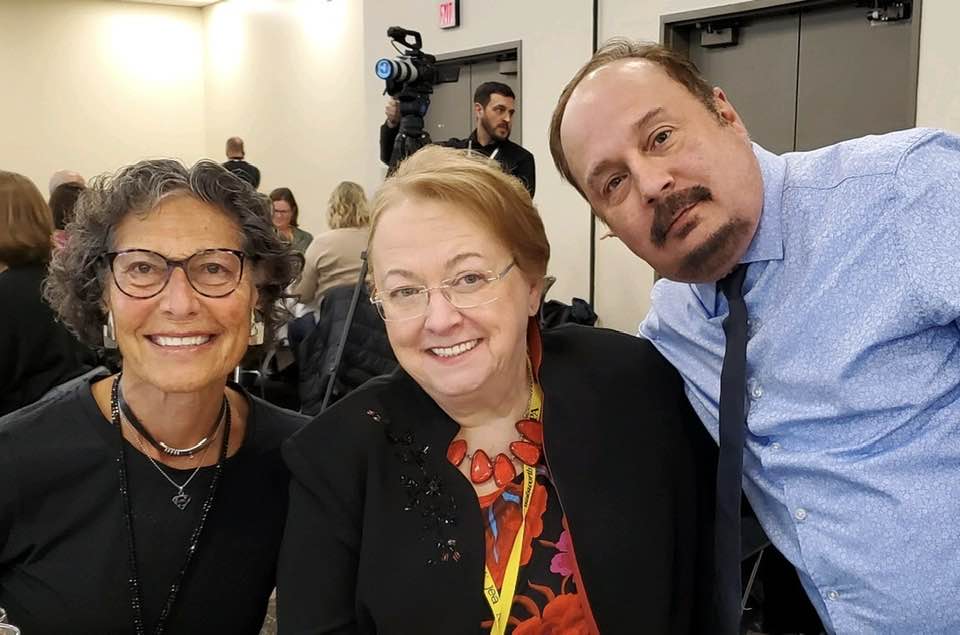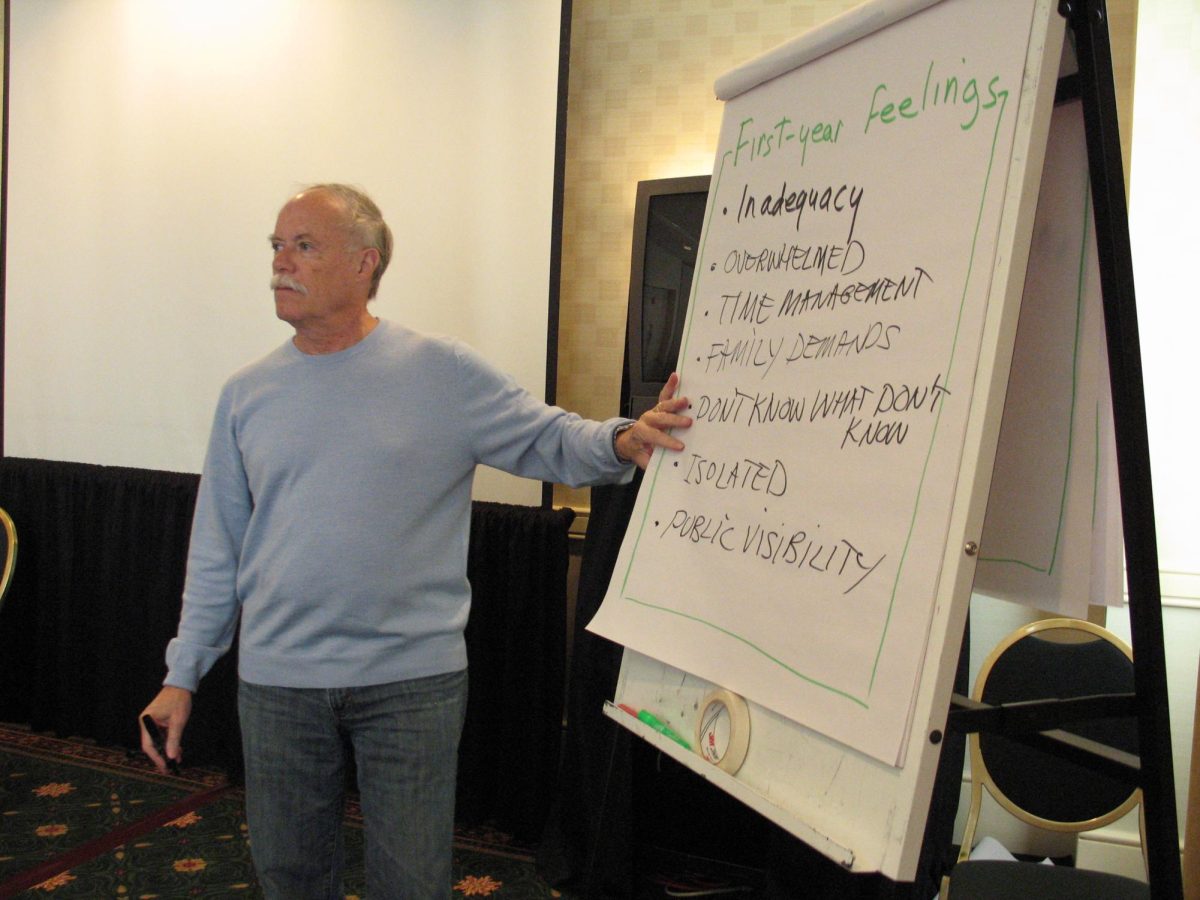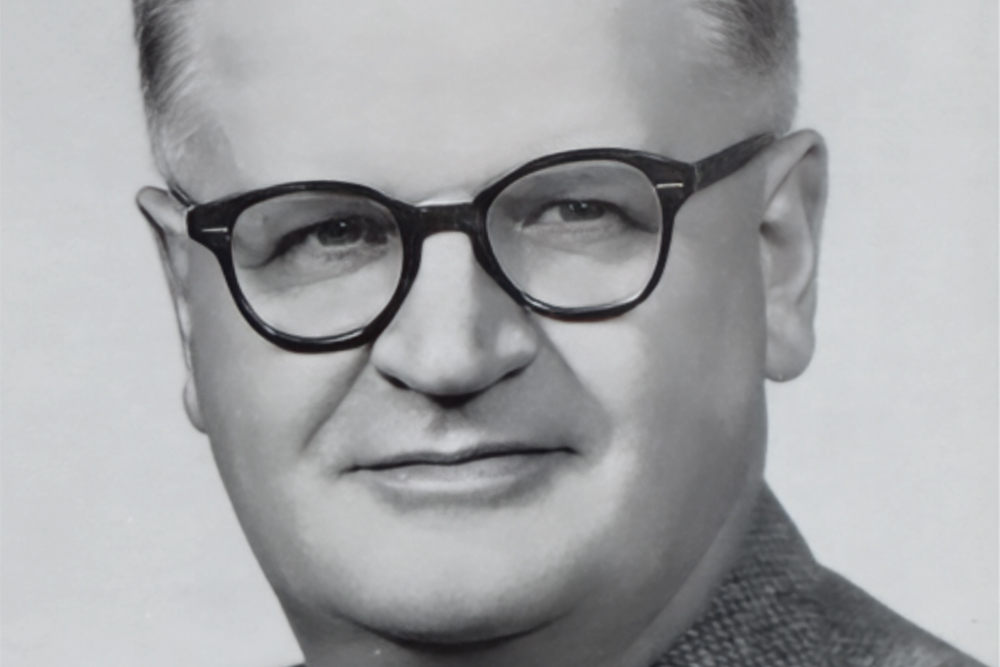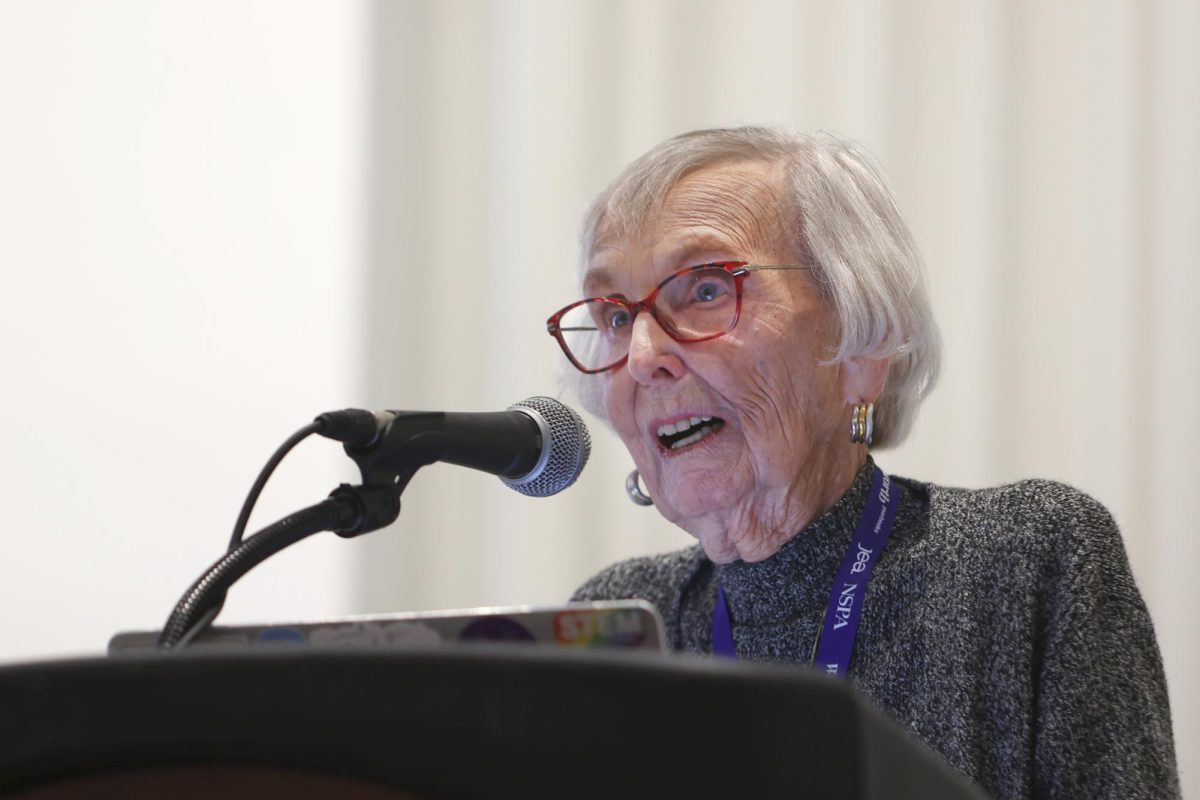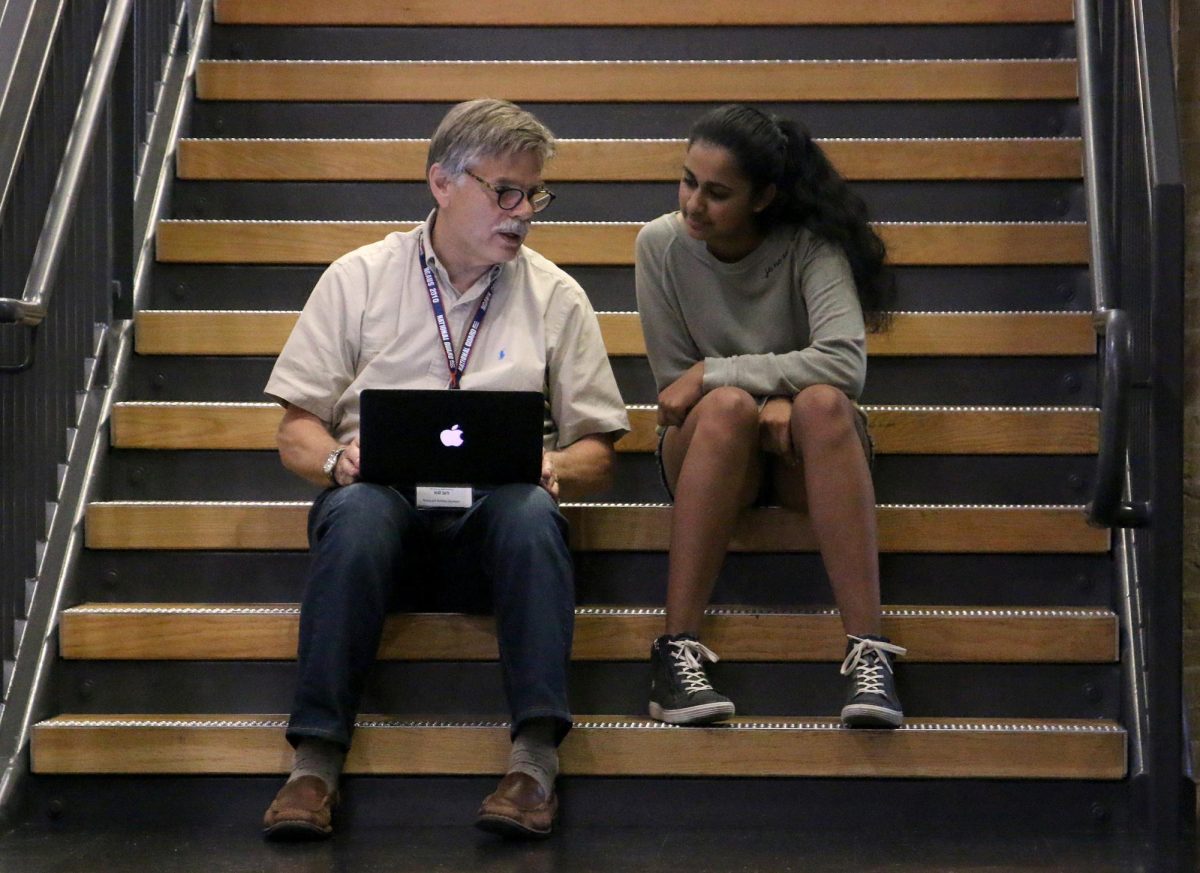One of DeWitt Reddick’s first tasks after joining the University of Texas journalism faculty in 1927 was to revive Texas’ high school scholastic journalism program. He did one better. In May of 1928, Reddick signed on as the executive director of the newly created Interscholastic League Press Conference, a post he held for more than 20 years.
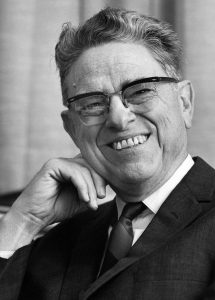
Over the course of those two decades, he offered tips, gentle humor and constructive criticism in his Leaguer column “High School Press.” He attended countless conferences and meetings in every corner of Texas, and wrote and distributed stacks of pamphlets on various topics, many of which later emerged in either his monograph, “High School Handbook,” or in his popular textbook, Journalism and the School Paper.
“Perhaps the best example of DeWitt’s dedication to the cause of ILPC is the old mimeograph room in the ground floor of what was then the Journalism Building,” wrote Cuero High adviser Virginia Lewis. “In the middle of the 1930s, if you wanted to find DeWitt, you didn’t go to his office but down to that room. He would be running off pamphlets for high school newspaper staffs. He wrote the pamphlets and cut the stencils. He ran off the pages and stapled them. And he mailed them out. I hope the Journalism Department furnished the paper, but I suspect DeWitt bought the stamps.”
More importantly, he stressed the importance of the individual journalist working in a time of gathering storms, when events such as the 1936 Olympics and the Nuremberg rallies were staged by people like Joseph Goebbels. And he did so, calmly and without histrionics or rancor.
“DeWitt had an amazingly positive attitude,” said former UT journalism professor S. Griffin “Griff” Singer. “He believed there was no problem that couldn’t be solved, that no two people couldn’t get together and work things out. I never heard a ‘we can’t do that’ in any meeting or discussions with him.”
Part of his charm hinged on his bedrock belief in the essential goodness of his fellow man.
“Several of us from the UT Department of Journalism, including DeWitt, were attending a meeting of the Southwest Journalism Congress in Little Rock, Arkansas,” Singer said. “DeWitt was driving. We came to a confusing intersection, and he stopped, so the driver behind us laid down on his horn. And DeWitt looked up and said, ‘Must be someone we know.’ That’s how good-hearted he was.”
Even toward the end of his life, when he was battling cancer, Reddick still volunteered to lecture to high school journalism teachers and students at various UIL seminars.
“The thing I valued most about working with high school newspapers was getting acquainted with a large number of students while they were in high school, then continuing that acquaintance through their college years,” Reddick said. “There is a great deal of pleasure in watching them grow and become successful in journalism.”
Walter Thompson, who preceded Reddick as chairman of the UT Department of Journalism, was once asked, “What do you feel you have contributed to the University?”
His response? “I hired DeWitt Reddick.”



